DALLAS — At the Skift Global Forum 2024 in New York, United Airlines (UA) Chief Commercial Officer Andrew Nocella discussed several transformative initiatives for the airline, including free in-flight Starlink WiFi.
Nocella and Skift Arlines Editor Gordon Smith also covered various aspects of UA's strategy, from enhancing its premium services and expanding global routes to labor challenges and the impact of celebrity events on travel.
Free Starlink WiFi: A Game-Changer for In-Flight Connectivity
United Airlines' decision to offer free WiFi powered by SpaceX's Starlink on all flights marks a new era in air travel. As Nocella described it, this upgrade is about more than just providing WiFi; it promises a near-seamless, high-speed connection with low latency that will allow passengers to use the internet as if they were on the ground.
Traditional aircraft WiFi systems often struggle with reliability due to moving antennas constantly realigning with satellites. Starlink’s technology, with satellites closer to Earth and antennas with no moving parts, solves this issue, ensuring a more stable and reliable connection.
Nocella emphasized how Starlink’s low-latency technology will create an unparalleled in-flight internet experience. Unlike current systems, Starlink's satellite technology promises faster and more reliable service.
“People underestimate what this announcement really means because Starlink just enables a living room-like experience on an aircraft. It’s completely different from the systems that are flying around the world today,” Nocella said. He also highlighted the reliability of the system, noting that "the antenna has no movement, and that’s why this is revolutionary.”
He also assured customers that fares would stay the same due to the free WiFi. “Starlink will be free. I think that’s the least exciting part of our announcement, quite honestly, because this is about reliability and access,” he remarked.
United’s Premium Experience Strategy
When asked about UA's efforts in expanding its premium services, Nocella made it clear that the airline has been focused on offering a range of options tailored to different customer needs. Whether passengers want a basic economy ticket or a fully premium Polaris experience, United aims to provide it all.
“We’re trying to offer choice. If they wanted a basic economy experience, we could deliver that, or if they wanted a more elevated experience like Polaris, we could do so,” Nocella said. He added that UA's hubs in major U.S. cities with strong business traffic support the airline's push to be the leading premium airline in the country.
United’s investment in premium services comes as competitors aim to dominate the space, but Nocella believes that the choice-driven model will win.

Expanding Global Network: Tapping into Hidden Gems
One of UA's key advantages lies in its global network, which includes unique destinations many competitors overlook. Nocella explained that UA's wealth of wide-body planes and flatbed seats enables the airline to expand to destinations like Christchurch, New Zealand, and Marrakech, Morocco.
“I’m happy that they continue to ignore me,” Nocella joked, referring to competitors who haven't pursued these markets. He emphasized UA’s strategy of finding “unique content” for customers and positioning the airline to serve business and leisure travelers.
On October 10, the carrier will announce additional routes, further solidifying its place as a global leader in air travel. “Everything that didn’t make sense 10 years ago now makes complete sense,” Nocella teased.
Balancing Growth and Over-tourism
While UA is excited about the demand for Southern Europe post-pandemic, Nocella acknowledged concerns about over-tourism in some areas, particularly in hotspots like Majorca, Spain.
United, he said, remains conscious of the balance between meeting demand and avoiding overwhelming local communities. In cases where demand outstrips local capacity—such as a shortage of accommodations—the airline is willing to pull back.
However, he pointed out that Southern Europe has seen unprecedented demand from U.S. travelers, much more than expected post-pandemic. UA is merely responding to where its customers want to go but remains open to adjusting if issues like over-tourism become too severe.
“The amount of demand, particularly from U.S. citizens that want to go to Southern Europe, I just couldn’t have ever anticipated,” Nocella explained. UA aims to balance customer demand with the realities of over-tourism, and the airline is willing to adjust routes if communities become oversaturated.
Taylor Swift and the Power of Celebrity Tourism
In a lighter moment, Nocella discussed the impact of Taylor Swift's "Eras Tour" on travel demand, revealing that UA tracks events like Swift’s concerts to ensure they have enough capacity.
Swift’s tour has led to a 25% increase in bookings for UA, underscoring the power of celebrity events in influencing travel patterns.
“We track Taylor Swift to make sure we have enough seats. It’s real, and it happens time after time,” Nocella said, adding that demand spikes during the weekends she performs.
The Future of Corporate Travel, Premium Leisure
While corporate travel has not fully rebounded to pre-pandemic levels, Nocella noted that UA is seeing healthy growth in this segment, particularly in September and January.
Leisure travel, however, continues to snowball, outpacing corporate demand. As more consumers treat themselves to premium experiences, Nocella believes that the shift toward premium leisure travel is here to stay.
“Once passengers experience one of those elevated products, they don’t necessarily want to go back to the basic one,” Nocella explained. He believes the shift toward premium travel is here to stay and that UA will continue to expand its premium offerings to meet growing demand.

Dealing with Labor Challenges
Labor challenges were also addressed during the session, with Nocella acknowledging UA’s ongoing contract negotiations with its flight attendants.
United’s flight attendants recently voted overwhelmingly to authorize a strike, signaling dissatisfaction with current labor negotiations. He emphasized that despite the labor issues, UA’s frontline employees, including flight attendants, deliver excellent service. Nocella did express frustration at the slow mediation process.
“We look forward to getting our flight attendants a new contract as soon as possible. We expect it’ll be an industry-leading contract, but these things take time,” Nocella stated.
The Future of In-Flight Entertainment
Nocella touched on the future of in-flight entertainment, explaining how Starlink will enhance the entertainment systems onboard UA flights. He revealed that the new screens will not only offer better resolution but will also become “smart screens,” personalized to each passenger’s preferences.
“They’re going to know you are sitting in that seat, and they’re going to be able to offer up the content that you want to see,” Nocella said, hinting at a more integrated and customized in-flight experience soon.
Looking Forward: Addressing Industry Surprises
Reflecting on recent industry challenges, Nocella admitted that the pandemic was the last major surprise that blinded the airline, forcing United to adapt rapidly.
Nocella said, “I remember saying, ‘Oh, we’ll be out of the office for two weeks,’ and 18 months later, we were still out.” Despite the challenges, Nocella remains optimistic about the carrier's future, confident that the airline is prepared to tackle whatever surprises may come next.
Bottom Line
United Airlines is making bold moves to enhance its customer experience, from offering free Starlink WiFi to expanding its premium services and global network. As the airline adapts to new market trends, labor challenges, and evolving customer expectations, United’s leadership believes it is well-positioned to remain competitive.
With Nocella at the helm of commercial strategy, UA is set to remain a leader in the industry. “We’re ready for the next challenge and look forward to addressing it,” Nocella assured.

.jpg)
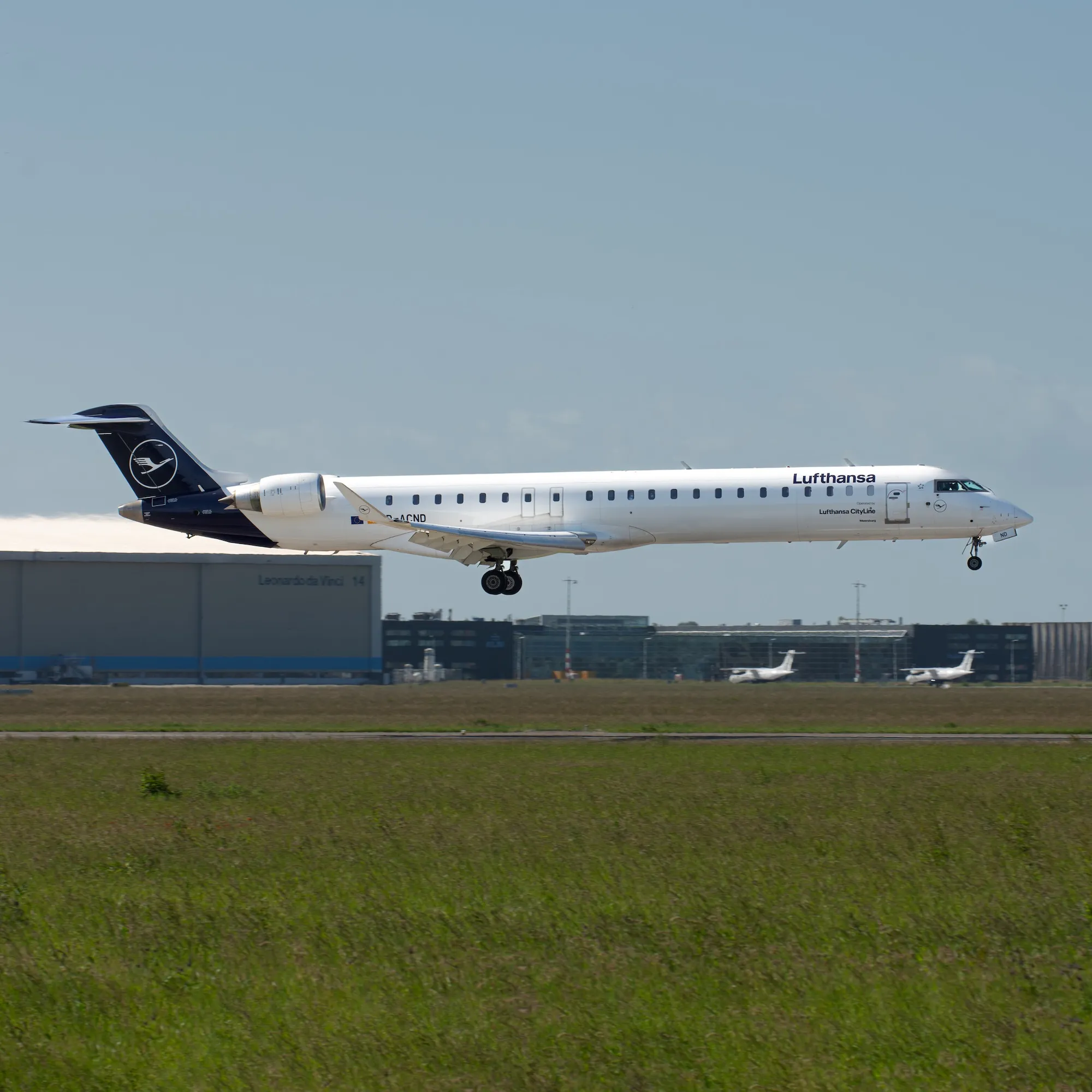
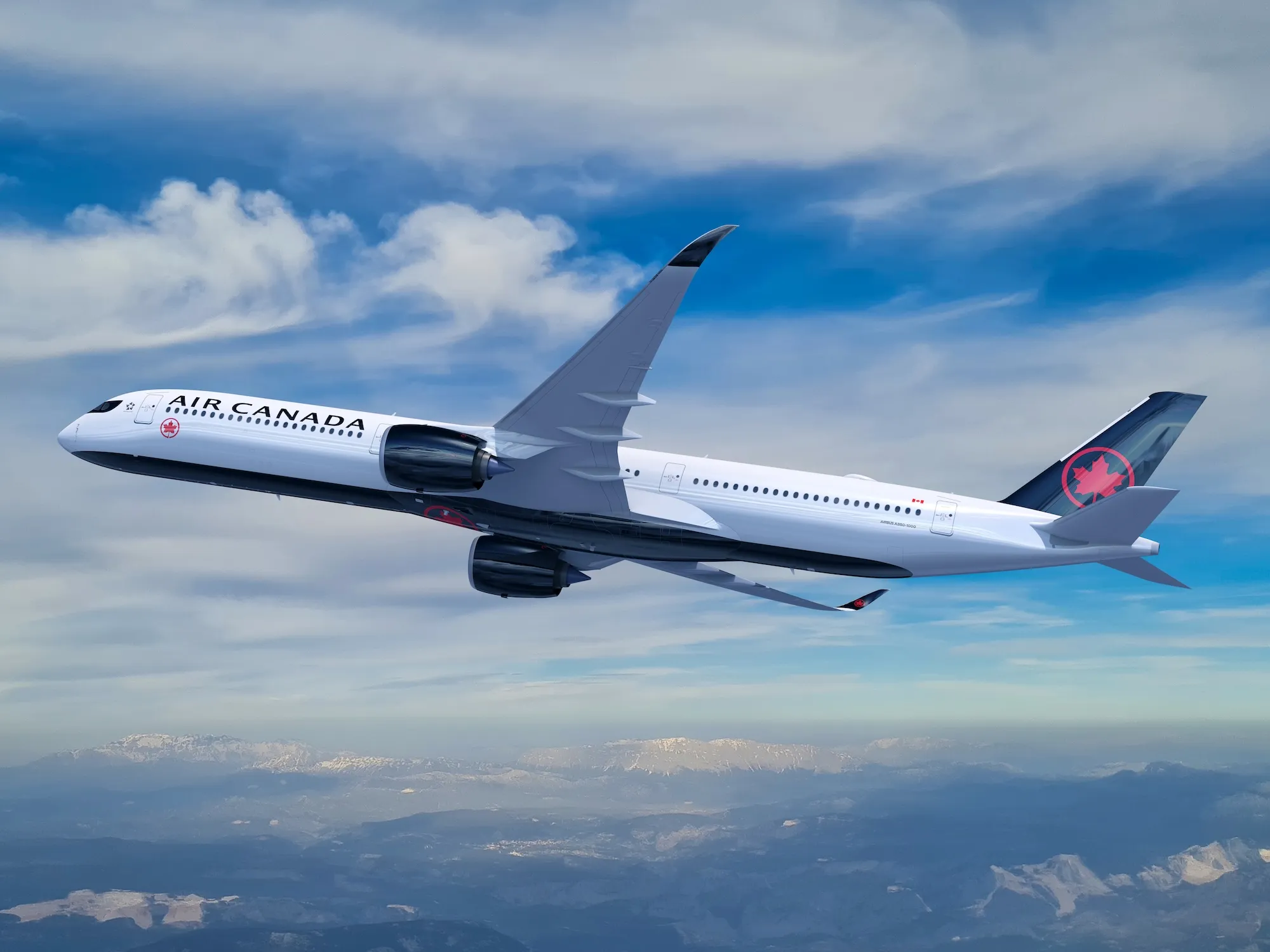
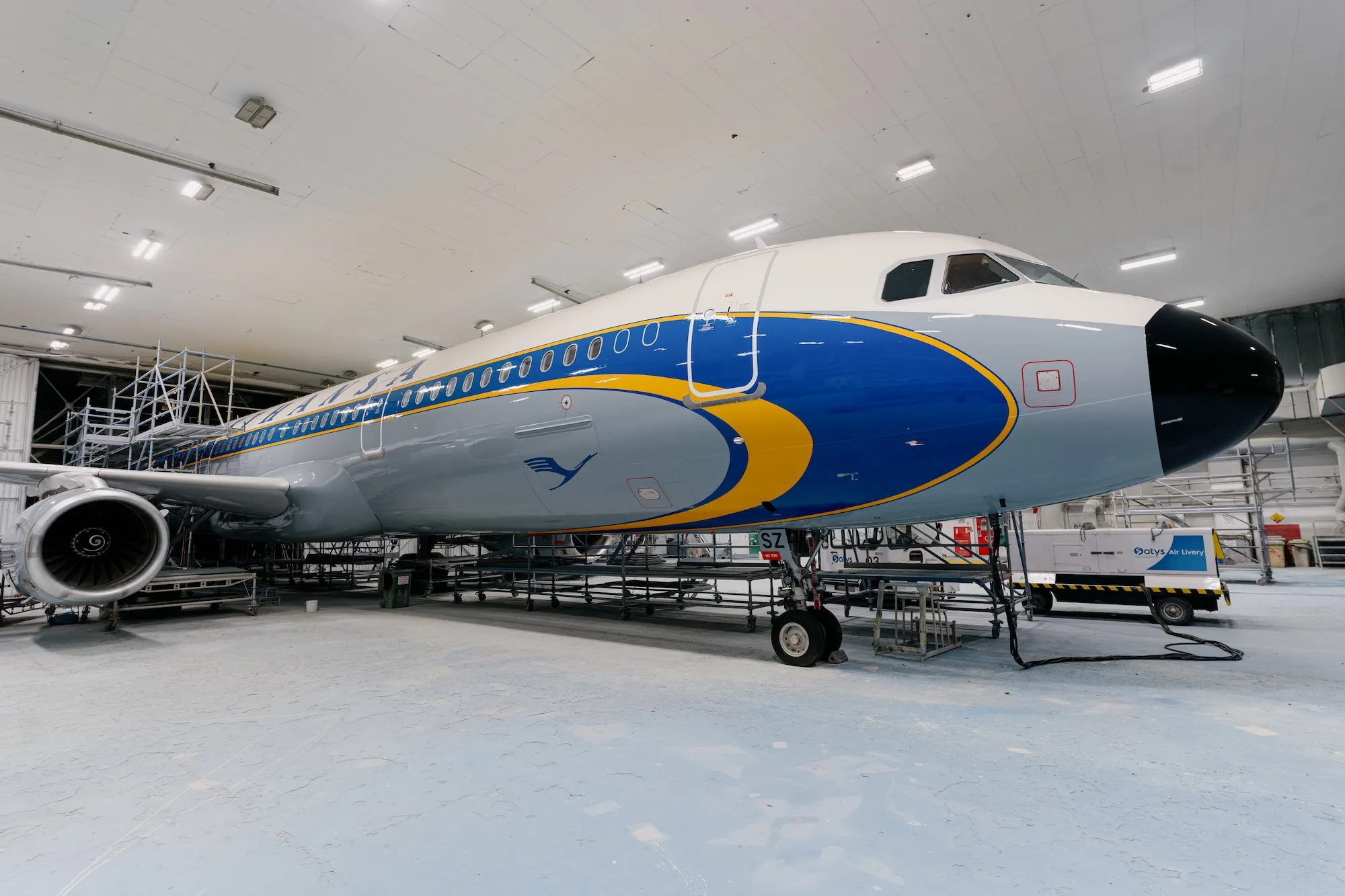
.webp)
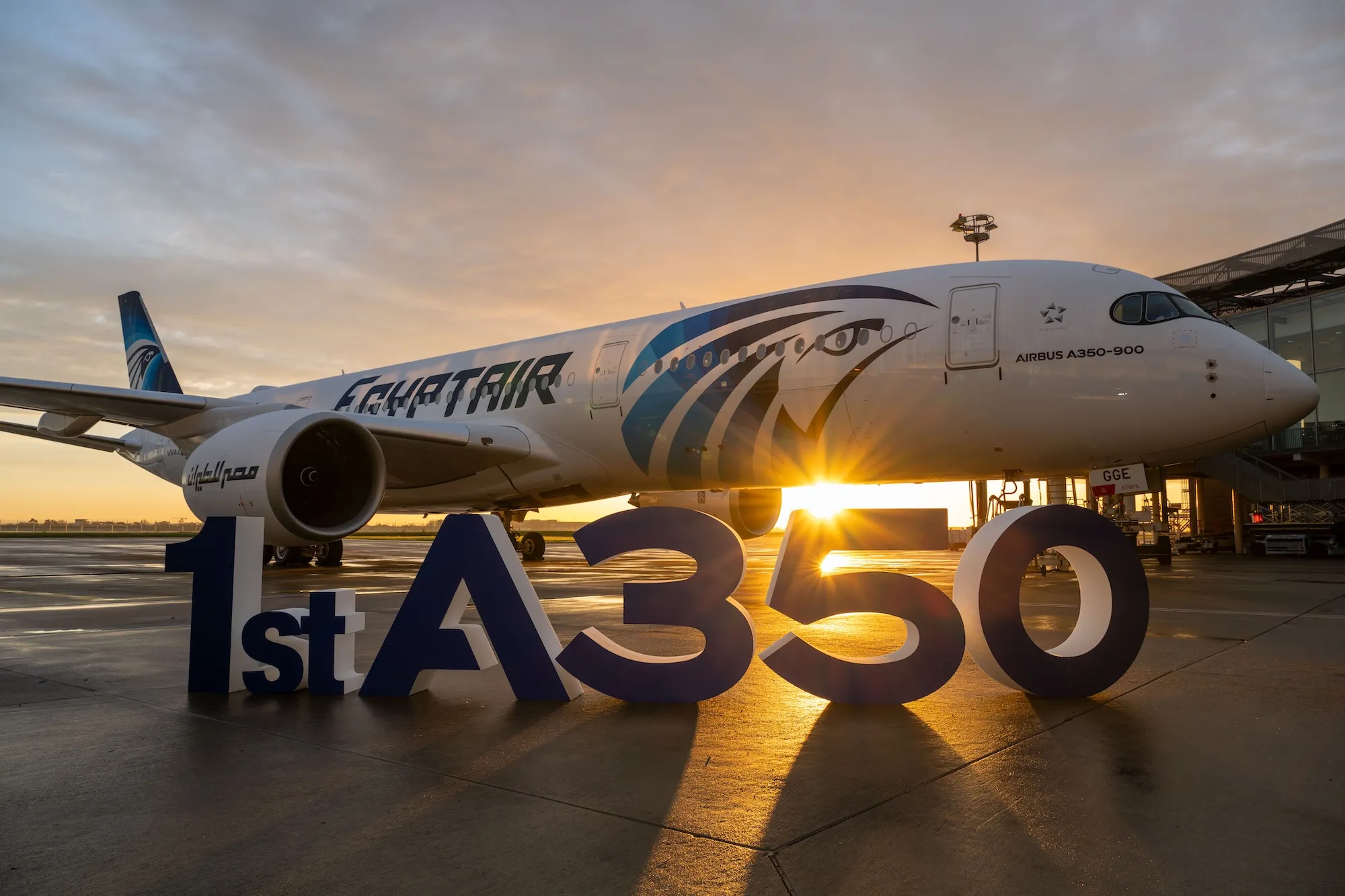
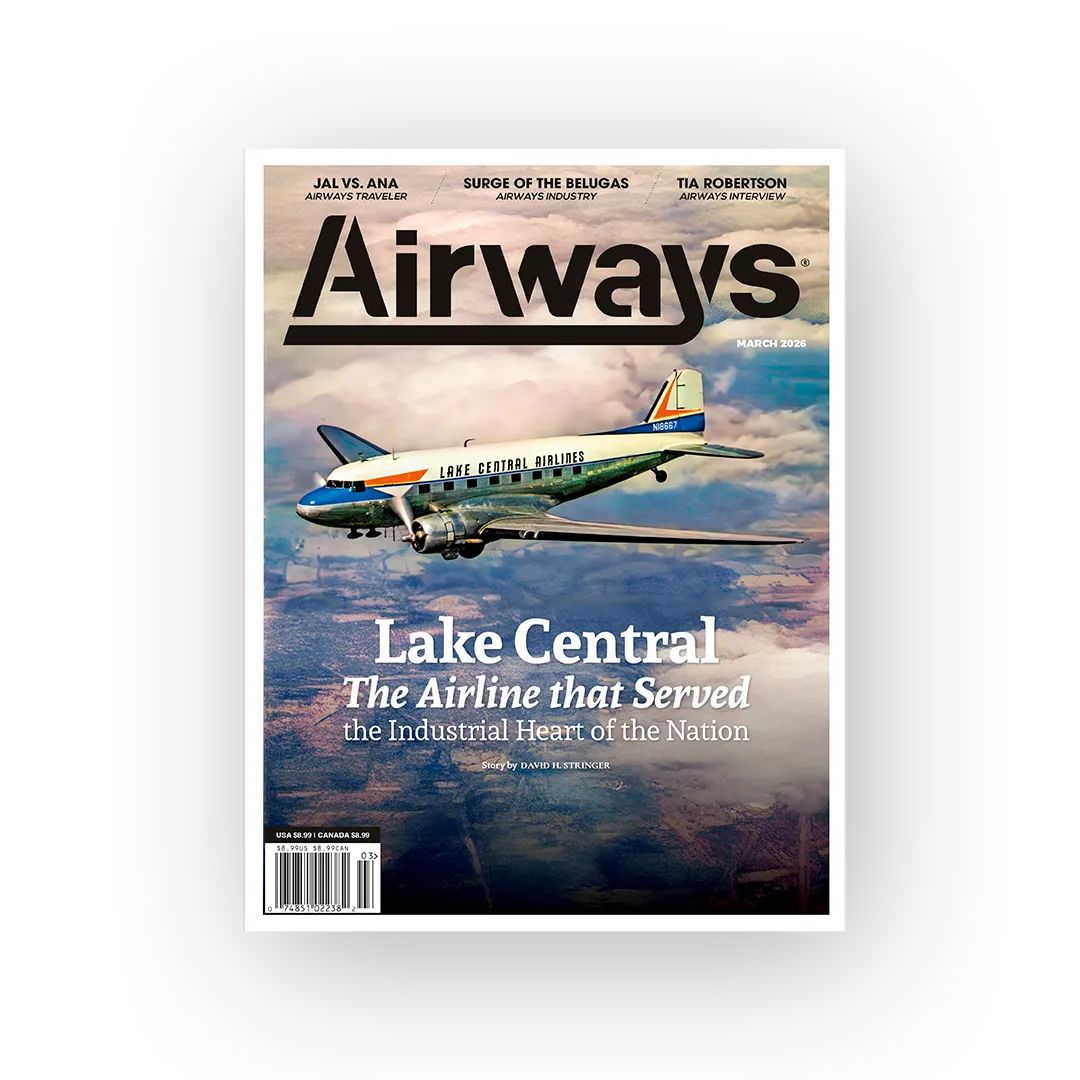
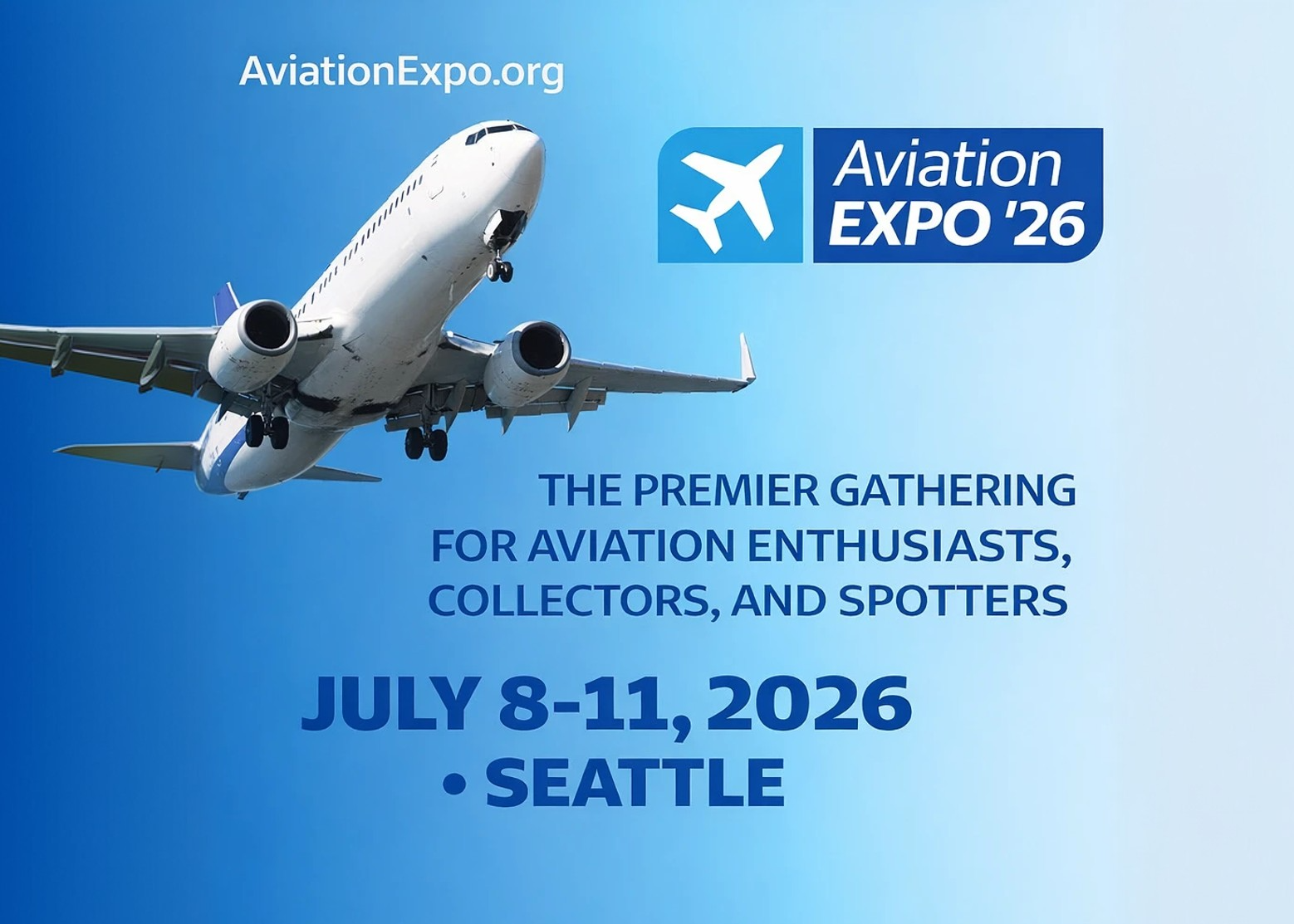
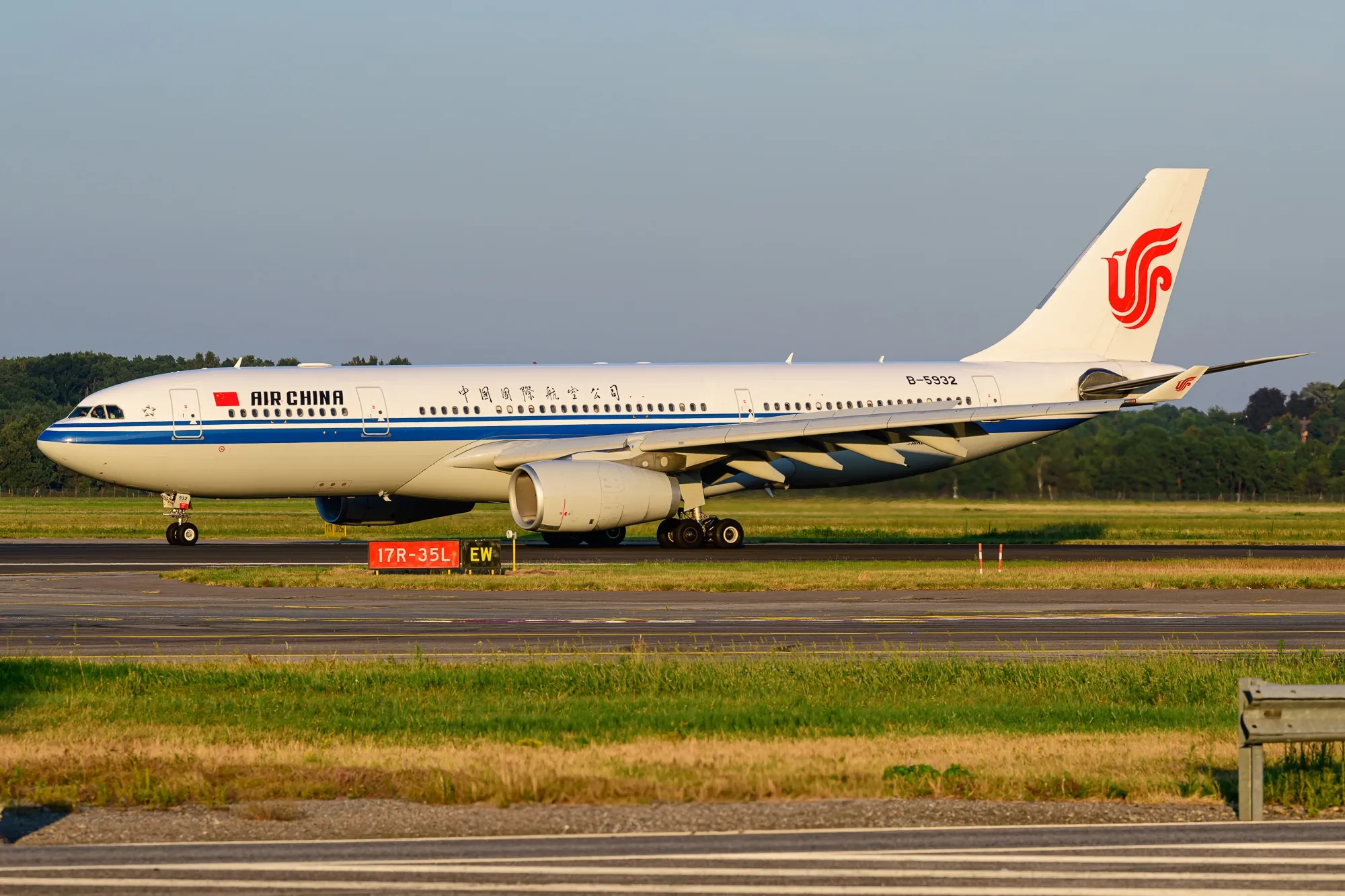
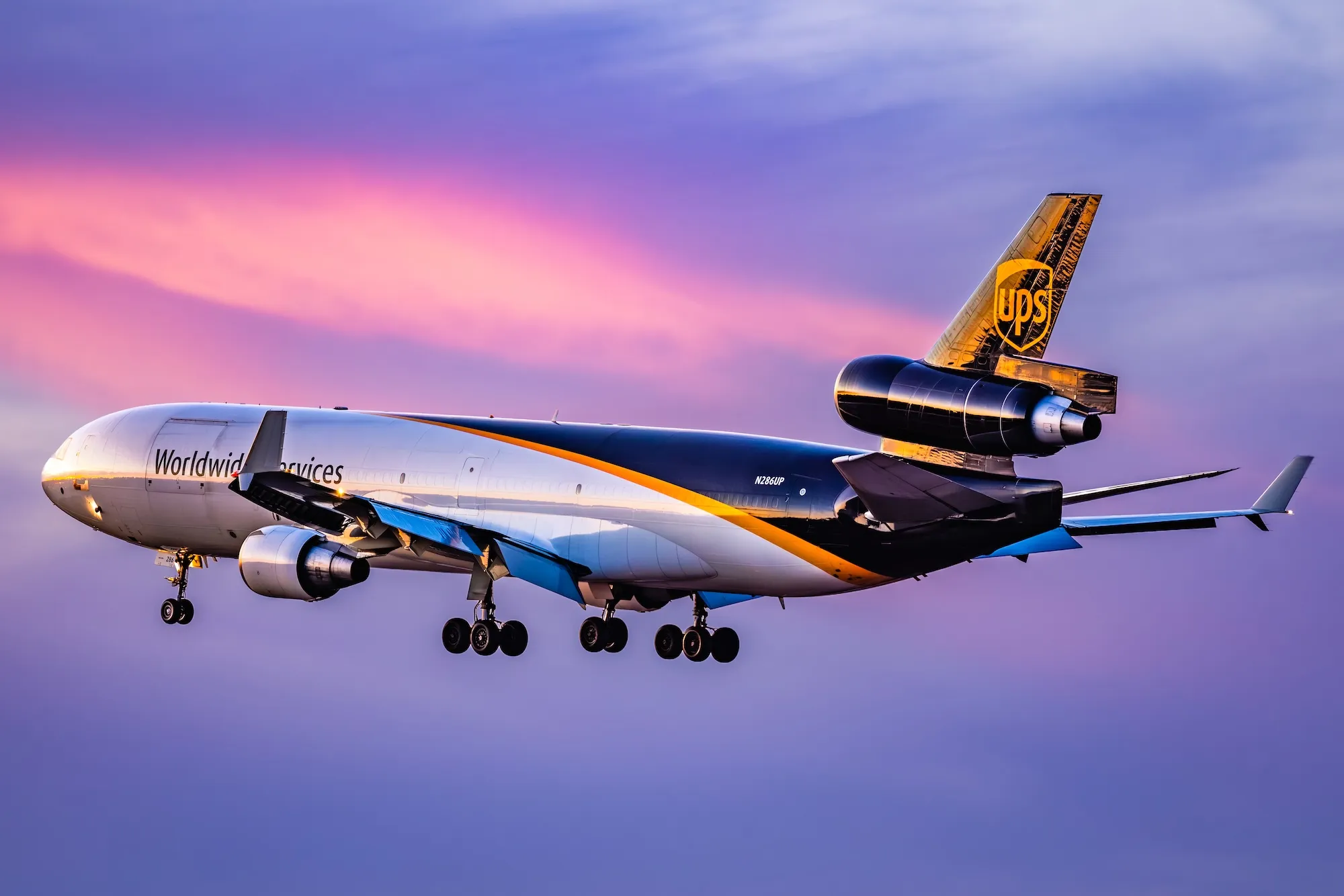
.webp)